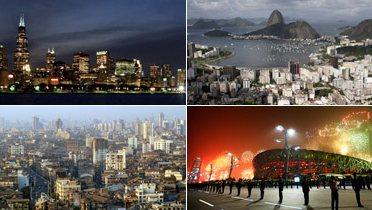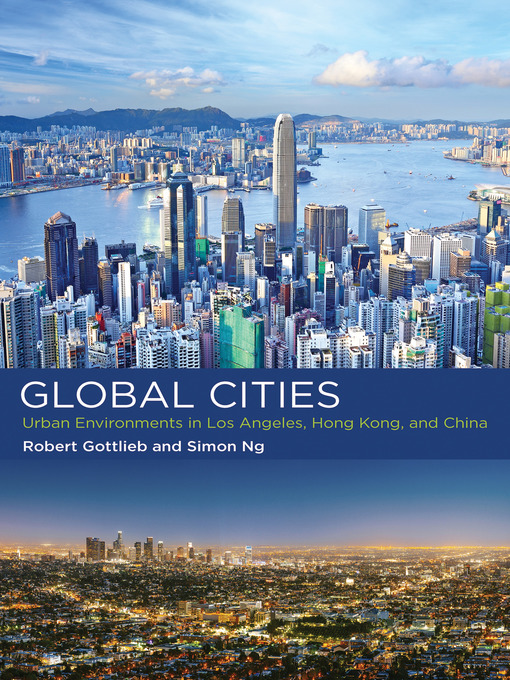

An introduction to urban historical geography. Washington, DC: Brookings Institute Metropolitan Policy Program.Ĭarter, H. Shrinking the carbon footprint of Metropolitan America. Washington, DC: Worldwatch Institute.īrown, M. The future of urbanization: Facing the ecological and economic constraints. Norton & Company.īrown, L., & Jacobson, J. Eco-economy, building an economy for the earth. Cities and economic development, from the dawn of history to the present.Chicago: (Translated by Christopher Braider) University of Chicago Press.īerry, B. London: Routledge in association with The Open University.īairoch, P.

By focusing on cities as entities and ignoring social processes, these new studies may conflate numerous developmental processes, and at the same time ignore the fundamental aspects that define the urban, resulting in a misunderstanding of social, economic and environmental consequences. There is much that environmental and ecological studies can bring to the definition of the city, but a there is also much that these studies can learn from previous social research. While, in one sense, it has become easier to identify “the urban” due to new imaging and mapping technologies, taking the definition of cities as simply entities has important consequences for our ability to identify sustainable pathways.

With increasing interest in environmental and resource management concerns, the debate over what a city is and what are the processes of urbanization have taken on even greater importance. These debates highlighted the significant differences in social outcomes between studies that defined cities as social entities and those that examined cities as strictly social processes. The debate over the definition of the city and the elements of the urbanization process has a long history in the social sciences.


 0 kommentar(er)
0 kommentar(er)
